Recently, many violations have arisen on cross-border platforms, requiring prompt and strict solutions to help "clean up" the online environment.
In particular, coordination, struggle, and requirement for cross-border platforms to comply with Vietnamese law are very important and necessary.
According to Minister of Information and Communications Nguyen Manh Hung, Vietnam is a country with sovereignty and laws on cyberspace, so foreign enterprises doing business in Vietnam must comply with Vietnamese laws.
In 2024 alone, cross-border platforms such as Facebook, Google and TikTok blocked and removed 15,995 pieces of illegal content in Vietnam.
Minister Nguyen Manh Hung affirmed that in case the platforms do not comply with Vietnamese law, we have enough conditions, technology, and infrastructure to prevent and stop these platforms from operating.
In fact, blocking and removing illegal content has been carried out quite thoroughly in recent times. In 2024 alone, cross-border platforms such as Facebook, Google and TikTok blocked and removed 15,995 illegal contents in Vietnam.
Specifically, as of December 2024, Facebook has blocked and removed 8,981 pieces of content that oppose the Party and the State and violate Vietnamese law, including 8,463 posts, 349 accounts, 16 groups and 153 pages that violate the law (94%); Google has blocked and removed 6,043 pieces of content that violate the law on YouTube, including 6,007 videos and 36 channels that violate the law (posting more than 39,000 videos, 91%); TikTok has blocked and removed 971 pieces of content that violate the law, including 677 videos and 294 accounts (posting more than 94,000 videos, 93%).
These results represent a great effort by Vietnamese authorities in negotiating, reminding, urging and requiring cross-border platforms to comply with Vietnamese laws.
In addition, local fake news and malicious information processing centers have been established to form a national fake news and malicious information processing network, in order to improve the handling of fake news, false information, and prevent fraud in cyberspace.
In particular, the National Portal for Receiving Fake News and Toxic Information (tingia.gov.vn) has promptly published many fake news and untrue news, promptly prevented the spread of fake news and untrue news; published more than 50 articles warning about fraudulent and untrue content with great influence, and prevented more than 1,700 websites posting fake news, fraud, gambling, betting, and pornographic advertisements.
Despite many positive results, handling illegal content on cross-border platforms still faces many difficulties and challenges. Major social media platforms are often not headquartered in Vietnam, making it difficult to implement management measures.
The national portal for receiving fake news and toxic information (tingia.gov.vn) has promptly published many fake news and false news, promptly prevented the spread of fake news and false news; published more than 50 articles warning about fraudulent and false content with great influence, and blocked more than 1,700 websites posting fake news, fraud, gambling, betting, and pornographic advertisements.
The constant development of technology makes it increasingly difficult to detect and handle the dissemination of illegal content and false information. Not to mention, when content violations occur, the level of impact is already large, causing outrage in society while the process of requesting prevention and removal is quite time-consuming.
On the other hand, social networks and cross-border advertising service providers have not proactively created filters to block and remove infringing content and advertisements from their systems. Therefore, to further improve the effectiveness of handling infringing content on cross-border platforms, it is necessary to drastically implement many synchronous solutions.
First, focus on implementing Decree No. 147/2024/ND-CP of the Government on management, provision and use of internet services and online information; authentication of social network accounts using Vietnamese mobile phone numbers; requesting social networks to block and lock accounts, pages and channels that frequently violate the law; at the same time, continue to coordinate to amend and supplement the Advertising Law; guide content creators and content channels to encourage the production of positive and healthy content...
In addition, social networking platforms operating in Vietnam need to actively cooperate with management agencies; proactively scan and remove information that violates regulations such as: gambling, prostitution, negative impacts on children, etc.
Source: https://nhandan.vn/xu-ly-nghiem-vi-pham-tren-nen-tang-xuyen-bien-gioi-post859417.html








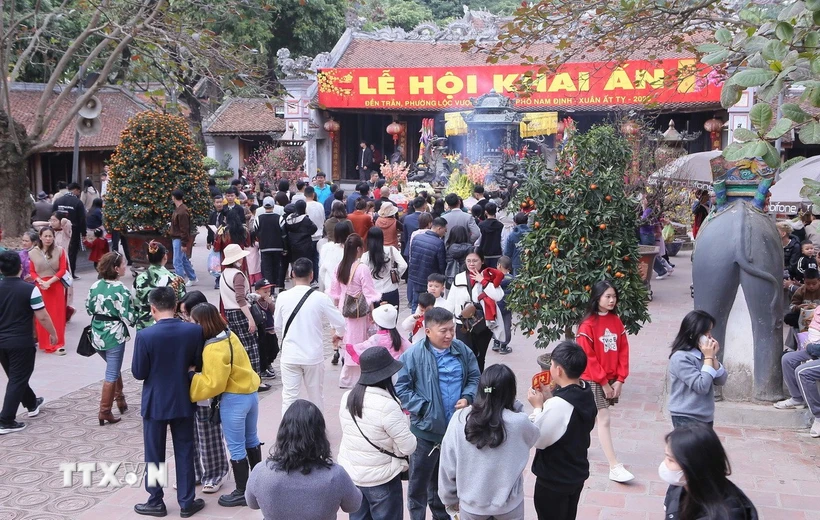






















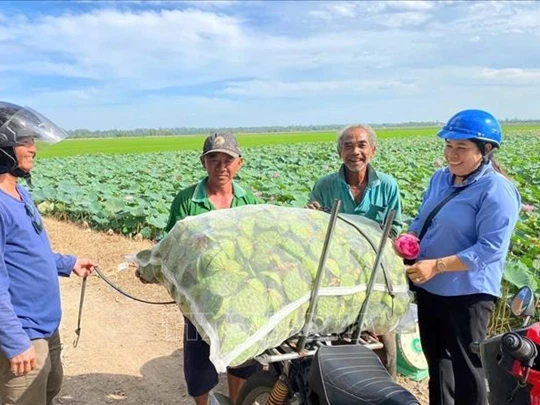



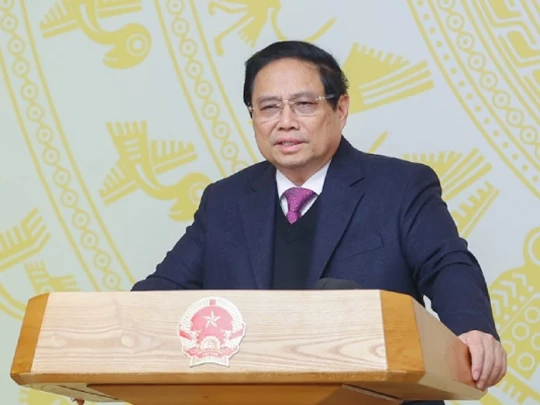

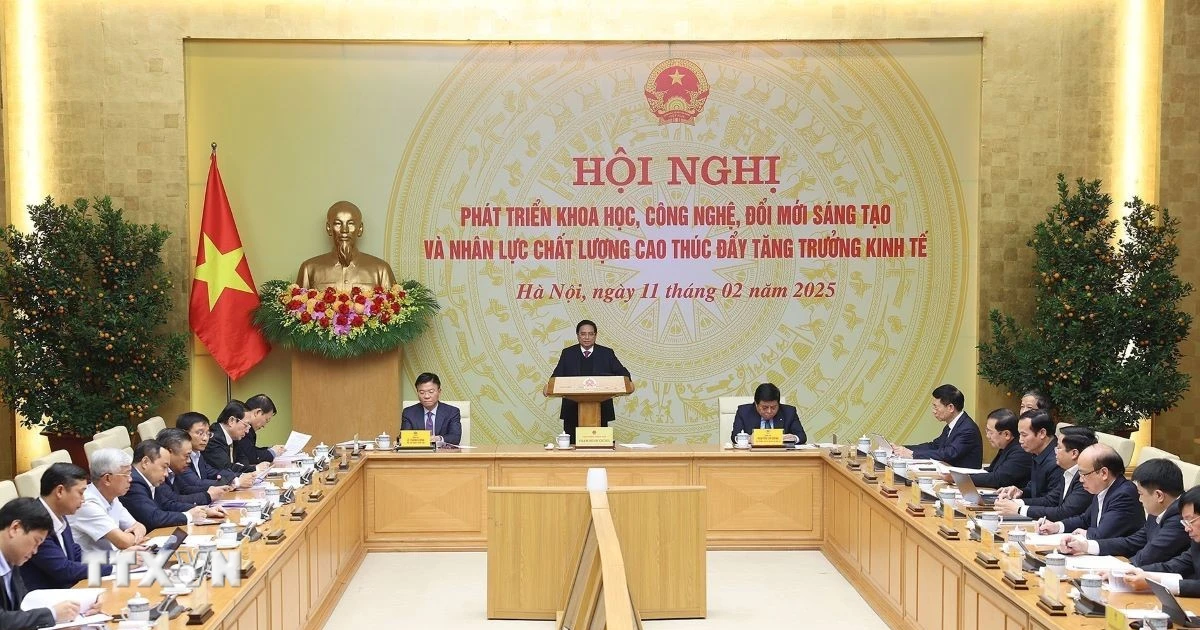

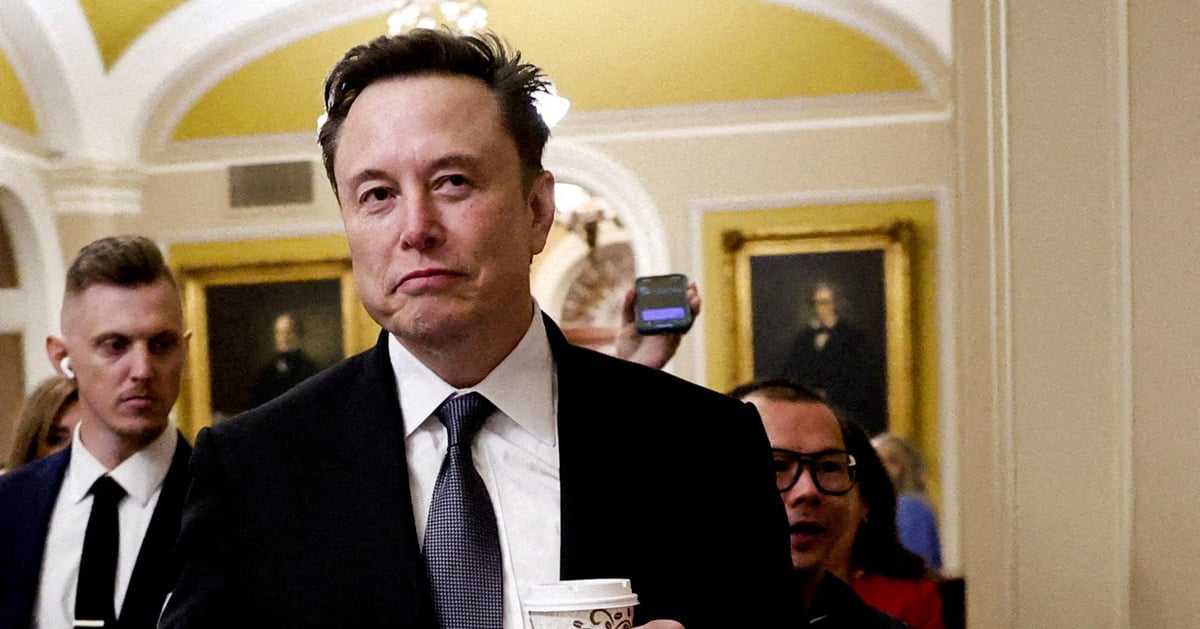
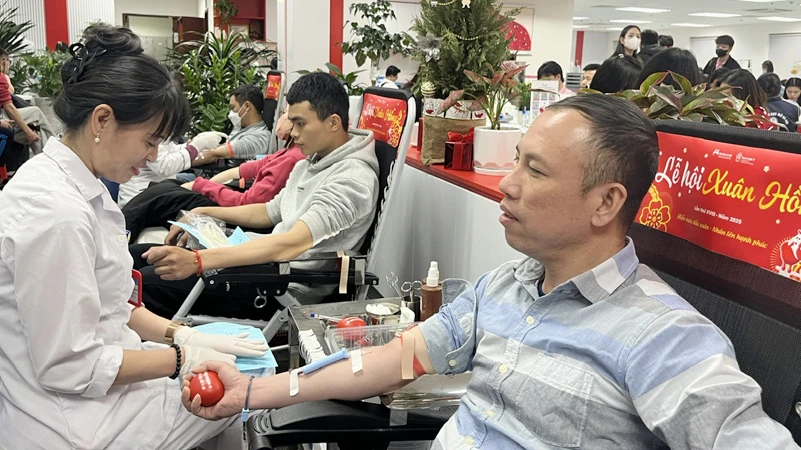









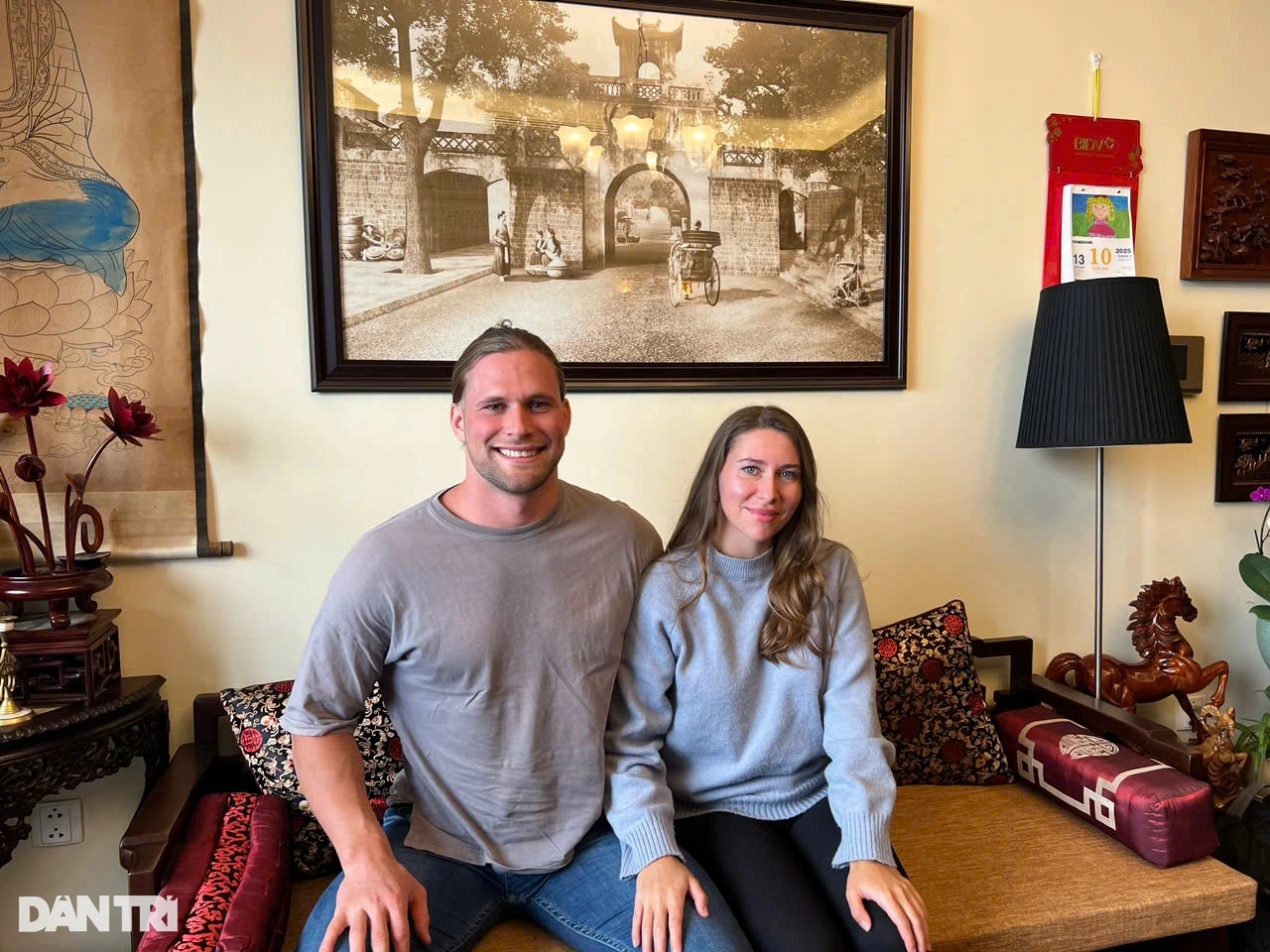

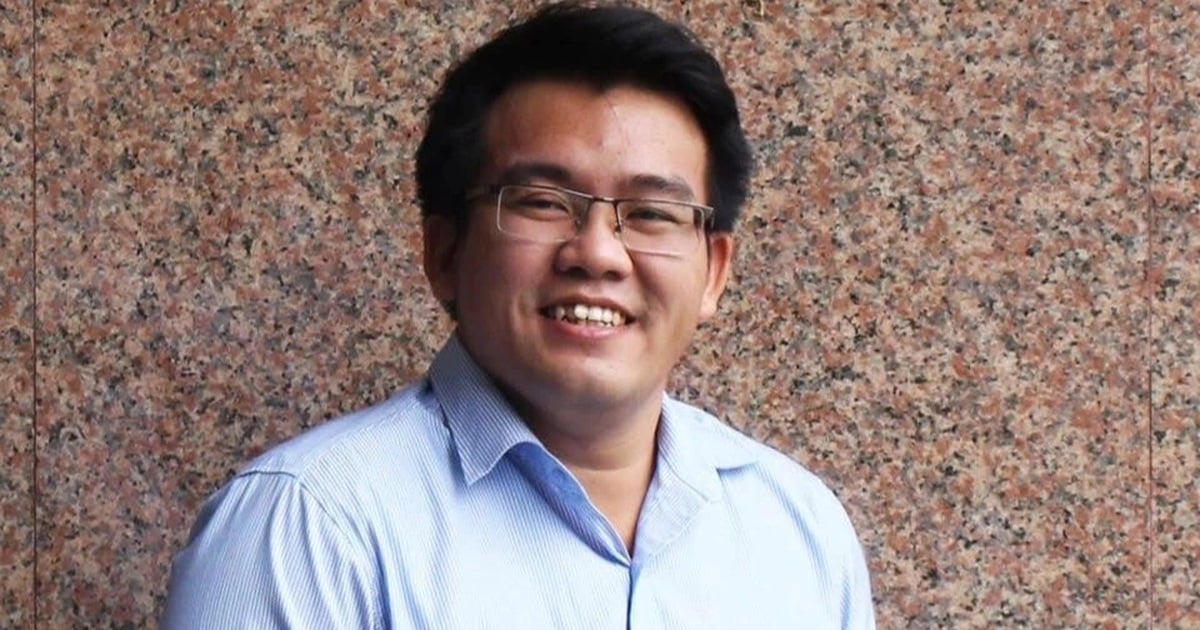







Comment (0)